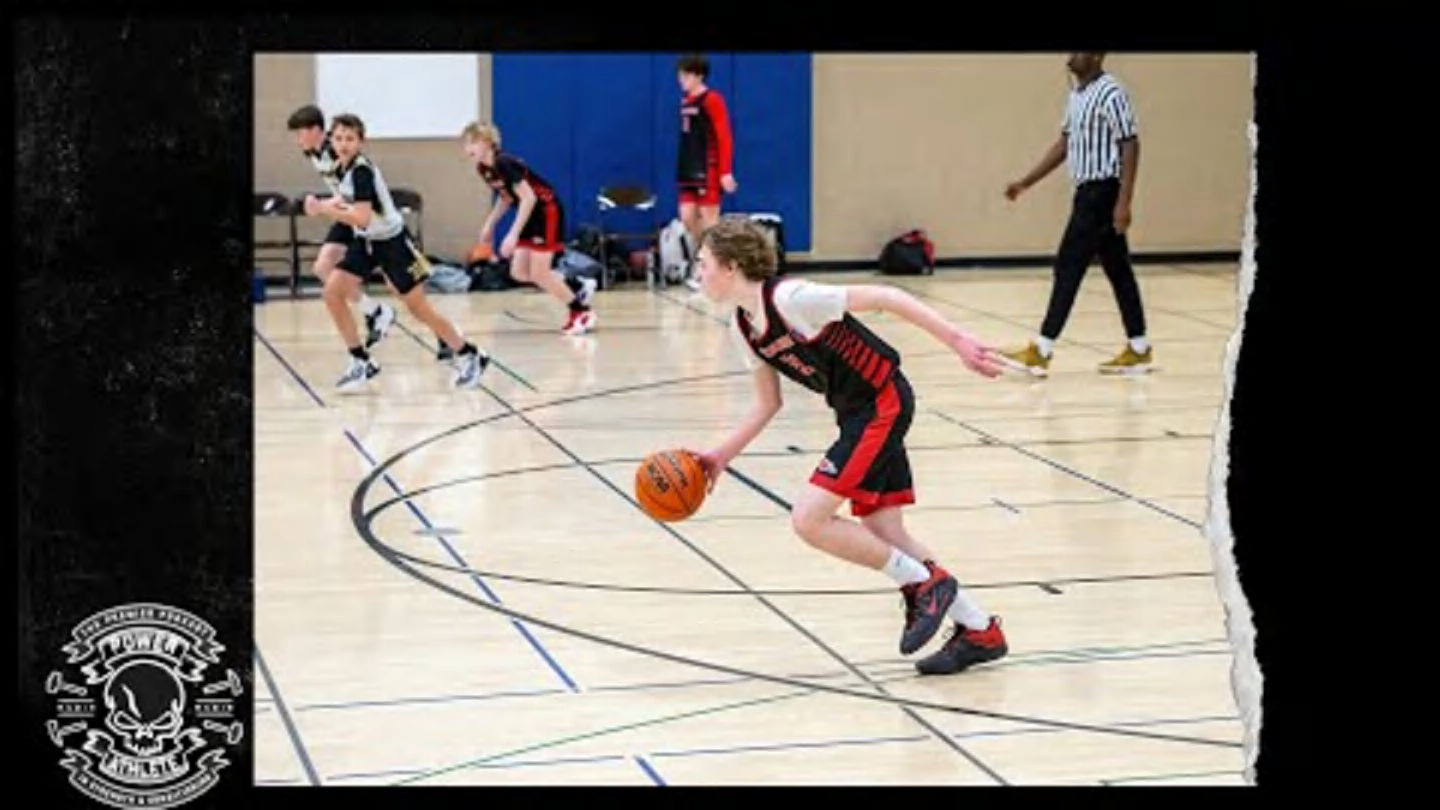The first post in this series provided a detailed account of the World Central Kitchen strike and the demands for independent investigations and criminal liability. This post focuses on the individual remedies, or lack thereof, available to the strike victims and others similarly situated in Gaza.
To begin, what, if anything, has Israel done so far? An IDF spokesperson suggested the conclusion of the initial strike investigation showed Israel’s “humility to acknowledge errors, the courage to make amends and the resolve to learn from them.” Yet amends thus far are limited to apologies, expressions of regret, acknowledgment of harm, and some reforms to prevent a repetition of such incidents. But Israel has made no public offer of individual compensation despite demands from interested countries such as Australia and Poland. Given that lack of action, this post explores avenues for individual compensation including tort liability, UN register of damages claims, solatia, and condolence payments.
Tort Liability
Given the description of the numerous errors resulting in the mistaken identification of the World Central Kitchen convoy as a legitimate target, might families of victims pursue civil litigation as a path for accountability and individual compensation? The 1952 Civil Wrongs (liability of the state) Act waives the Israeli state’s immunity to tort liability much like the Federal Torts Claims Act in the United States. It was once a viable path for some Palestinian civilians in the West Bank and Gaza to be compensated for the significant harms imposed by Israeli forces—with the equivalent of 94 million dollars paid out between 1988 and 2014. However, Israel, like many other states including the United States, has a combatant activities exception to state tort liability. Initially, most Israeli judges narrowly construed this exception as pertaining only to IDF actions that looked like traditional combatant activities, though some judges interpreted it more broadly, leading to ambiguity about what kinds of fact patterns might fall under the exception. A 2002 Israeli Supreme Court case tried to resolve this confusion by creating a test for the combatants’ activities exception which asked lower courts to look at: the specific risk to forces, the weapons used, the purpose, location, and duration of the activity, and what kind of forces engaged in the allegedly negligent activity. Soon thereafter, the Israeli legislature amended the Civil Wrongs Act to reject this test and broaden the combatant activities exception to include a greater range of counterterrorism and policing activities including any action of combating or preventing terror, hostile actions, or insurrection.
As for the World Central Kitchen incident in particular, even if potential plaintiffs could show the IDF’s actions satisfied the relevant liability standard, the event falls squarely both within the current combatant activities exception and likely even the pre-amendment exception’s narrow interpretation. The IDF drone pilots used traditional military weapons during an ongoing armed conflict to kill what they believed were Hamas fighters who had commandeered an aid convoy.
The broadening of the exception and the narrowing of paths to claim liability are also important because they speak to many of the other harmful acts imposed by the IDF on civilians during this conflict. So even if some of the other 192 aid workers killed or the many others alleging civilian harm in Gaza during the conflict could have avoided the application of the narrow interpretation of the combatant activities exception, the additional amendments to the 1952 Civil Wrongs Act including the exclusion of claims for damages “sustained in a conflict zone due to an act performed by the security forces”; the exclusion of residents of Gaza via the designation of Gaza as enemy territory; and the combined effect of procedural obstacles, high court fees and securities, and denial of entry permits render recovery virtually impossible.
While some scholars, such as Rebecca Crootof and Haim Abraham, have argued that states ought to provide for war torts and scholars like Ya’ara Mordecai have argued for the elimination of some of Israel’s other state immunity exceptions as well, I do not foresee these arguments having much traction with Israel (or other states) in the short term. States have justified their exceptions to liability based on concerns about litigation risks over-deterring the military; the perceived misfit between the kinds of mutual risks created in armed conflict and tort law; a concern about facilitating lawfare by which the enemy (here Hamas) can further its political goals via legal mechanisms; and an unwillingness to provide an economic benefit to the enemy. In addition, it is well worth noting there is no expectation of reciprocity in this conflict. Hamas has never indicated any willingness to compensate or even acknowledge the wrongfulness of intentionally (much less unintentionally) killing civilians. While the laws of war are not rooted in reciprocity, states are often reluctant to expand their legal obligations when they will not be afforded the same improvement in treatment, especially in a conflict where they are not trying to win the hearts and minds of the affected population.
Solatia and Condolence Payments
In the absence of tort remedies, some countries, like the United States, may instead provide solatia and condolence payments to civilians who suffer from damages inflicted by U.S. forces during armed conflict. As I have written about in a prior post, solatia payments are discretionary payments given “in accordance with local custom as an expression of sympathy toward a victim or his or her family.” Condolence payments are understood a bit more broadly as they “can be paid to express sympathy and to provide urgent humanitarian relief” to individual victims or to the relevant community. Neither form of payment admits fault, nor do they acknowledge moral or legal responsibility of any kind. They differ from reparations or tort payments in that they are not designed to explicitly compensate someone for a loss.
Thus far, I have found no evidence that Israel has ever made solatia or condolence payments to Palestinians, and it certainly has no formal policy or practice of doing so. While it did compensate the UN for damage to its buildings during Operation Cast Lead in 2009, that payment did not provide for individual compensation to either UN personnel or Palestinian civilian casualties related to the attacks on UN buildings. This absence is consistent with Israel’s argument that reparations are to be made at the end of the conflict as part of a political process, but it does not necessarily fully explain the lack of one-off payments to the six victims of the World Central Kitchen strike that hailed from neutral countries. It is at least conceivable that Israel would have offered compensation had all the victims been from neutral countries, but the aid driver’s Gazan citizenship complicated matters. If Israel compensated the families of the other aid workers, but left his family out, it would only magnify the existing anger that Palestinians (and those sympathetic to them) feel that Israel devalues Palestinian lives as compared to other civilian lives. But to include him would raise the uncomfortable question of why him and why not the tens of thousands of other alleged Palestinian civilian casualties. So, unlike the U.S. strike in Kabul, where the United States, after long deliberation, finally capitulated and reimbursed the family of the aid worker it struck, I would be surprised to see that here.
UN Register of Damages
If no torts and no condolence or solatia payments, what of some other form of mass claim resolution system? Could the existing UN Register of Damages provide a path to compensation? So first, what is the UN Register of Damages and how did it emerge? In 2002, Israel erected a barrier through the West Bank as a response to increased suicide bombings. In 2004, the International Court of Justice issued its Advisory Opinion on the Legal Consequences of a Wall in the Occupied Palestinian Territory finding that this wall breached international law and, among other measures, ordered compensation for related damages to those harmed in the West Bank and East Jerusalem. While the decision is not binding like an ICJ judgment, in 2007, the UN General Assembly passed a resolution to request the Secretary General to establish a register of damages related to the wall. Since then the UN Register of Damages (UNRoD), administered by board members selected for their “independence, impartiality, objectivity,” and expertise, has been collecting Palestinian claims. UNRoD Rules allow six categories of claims: agriculture, commercial, residential, employment, access to services, and public resources and other. Board reports suggest these categories have not been expanded to include broader harms resulting from the wall such as injuries and deaths arising out of protests to the wall.
To be clear, the registry is only a technical fact-finding process and not a compensation commission. The UN Resolution created the registry to “serve as a record, in documentary form.” So, for now, the UNRoD only determines whether claims meet eligibility criteria such a jurisdictional fit, claimed damage is material, and the establishment of a causal link between the damage and the construction of the wall and a prima facie establishment of the claim. As of 2019, UNRoD had received almost 70,000 claims and reviewed about half of them.
For civilian victims of the Israel-Hamas war to receive compensation via the UNRoD, the United Nations General Assembly would have to adopt three significant reforms. First, it would have to substantially expand the jurisdiction mandate of this body. The UNRoD does not currently cover loss related to what it deems an occupation more generally nor to the existing Israel-Hamas conflict. Second, the General Assembly would also have to meaningfully expand the functional mandate by allowing for a process to verify facts and assess damages claimed. Third it would be to extend the registration for non-material losses such as individual physical harms such as injury and death. A significant additional barrier is funding. Direct Israeli participation, absent a legal requirement to pay out claims (and perhaps even with such a requirement) seems very unlikely. While Israel has in the past been cooperative with activities related to UNRoD claims-making such as providing requested materials, it still maintains that damages should be assessed through existing Israeli mechanisms. Nor has the UNRoD had much luck in maintaining funding for UNRoD’s current activities much less finding parties who wish to provide funding for the existing claims themselves.
Conclusion
So where does that leave the victims of the World Central Kitchen strike and others like them? If and when the conflict comes to an end, part of the political resolution could include reparations and/or third party states who may fund the reconstruction of Gaza. Whether such a political resolution would include individual compensation for civilian victims is a pressing question for a later day.









